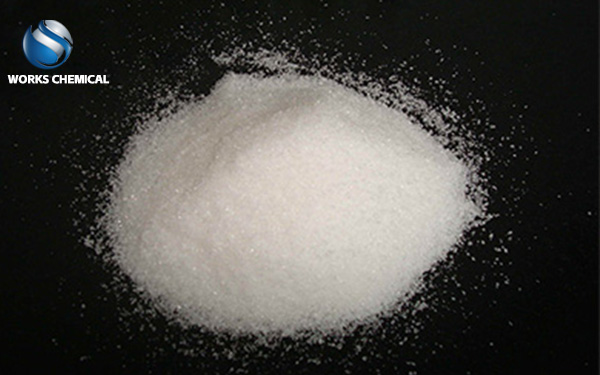
Because of the different sources, composition and treatment needs of sludge in different industries, choosing the right sludge conditioner has become a complex but crucial link. The following are suggestions for the selection of conditioners for several common industries:

Municipal sludge
Urban sludge mainly comes from the sewage sludge generated by urban production and life, municipal maintenance and operation and residents' life, such as sewage treatment plant sludge and residents' sewage pipeline sludge. This kind of sludge has high organic content, high moisture content, and a lot of bacteria and parasites.
Recommended conditioner: Organic sludge conditioner can be considered to improve the dehydration effect by adsorbing and neutralizing organic substances in the sludge.
Note: When selecting the conditioner, the moisture content and organic matter content of the sludge should be fully considered, as well as the disposal method of the sludge after treatment. At the same time, attention should be paid to the cost of the conditioner, the amount of addition and the impact on the properties of the sludge.
Printing and dyeing sludge
Printing and dyeing sludge is a solid precipitate produced after printing and dyeing wastewater treatment, with high organic concentration, high moisture content and high heavy metal content.
Recommended conditioner: Due to the particularity of printing and dyeing sludge, organic sludge conditioner such as polyacrylamide can be selected to improve the dewatering performance of the sludge. At the same time, it is also possible to consider the use of composite adjusters (sludge synergists), the combined use of inorganic adjusters and organic adjusters to improve the dehydration effect.
Note: In the treatment of printing and dyeing sludge, special attention should be paid to the removal of heavy metals and the stabilization of sludge.
Paper sludge
Paper sludge is the biosolid waste produced by paper mills, which contains a lot of cellulose organic matter, nitrogen, phosphorus and potassium and other plant nutrients, but the ash content is large and the water content is high.
Recommended conditioner: According to the characteristics of papermaking sludge, you can choose to use organic sludge conditioner or composite conditioner (sludge synergist) to improve the dewatering performance of sludge. Organic conditioners such as polyacrylamide can effectively adsorb and neutralize organic substances in sludge. The compound conditioner (sludge synergist) can give full play to the advantages of inorganic conditioner and organic conditioner to improve the dehydration effect.
Precautions: When dealing with papermaking sludge, the influence of the cellulose content and ash content of the sludge on the dewatering performance should be fully considered.
Leather sludge
Leather sludge is the sludge containing a variety of heavy metals after tannery wastewater treatment, of which chromium is an important characteristic heavy metal. This kind of sludge produces large amount of mud, high organic content, and contains toxic substances.
Recommended conditioner: Because the leather sludge contains a large number of heavy metals and toxic substances, the use of conditioners that can stabilize heavy metals and remove toxic substances should be prioritized. Inorganic conditioning agents such as lime and ferric hydroxide can be used to adjust the pH value of sludge and stabilize heavy metals. The organic sludge conditioner can be used to improve the dewatering performance of the sludge.
Precautions: When dealing with leather sludge, special attention should be paid to the stabilization of heavy metals and the harmless treatment of sludge.
Electroplating sludge
Electroplating sludge is the sludge containing cyanide, hexavalent chromium, copper, zinc, nickel and other heavy metal hydroxide, which is produced after the precipitation of electroplating wastewater, with complex composition and high moisture content.
Recommended conditioner: According to the characteristics of electroplating sludge, you can choose to use a conditioner that can remove heavy metals and harmful substances. Inorganic sludge conditioner such as aluminum hydroxide, iron hydroxide can be used to stabilize heavy metals; The organic sludge conditioner can be used to improve the dewatering performance of the sludge. At the same time, it is also possible to consider the use of biological conditioners to break down the organic matter in the sludge.
Precautions: When treating electroplating sludge, special attention should be paid to the removal of heavy metals and the stabilization of sludge to prevent secondary pollution to the environment.
In summary, when selecting the appropriate sludge conditioner for different industries, factors such as the source, composition, moisture content, organic matter content and the disposal method of the treated sludge should be fully considered. At the same time, it is also necessary to pay attention to the cost of the conditioner, the amount of addition and the impact on the properties of the sludge. The dewatering performance and treatment efficiency of sludge can be effectively improved by reasonable selection and use of sludge conditioner.